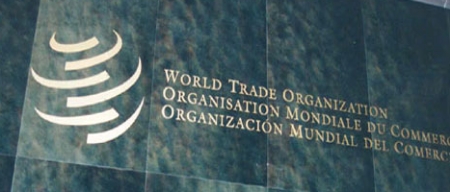Brussels, 23 April 2008: A new report released today by the ITUC highlights that in many respects, law and practice in Mauritius is in breach of the ILO core labour conventions that the country has ratified and that are legally binding on its government. This report coincides with the country´s trade policy review at the WTO.
While the right to organise and to bargain collectively is guaranteed on paper, the Industrial Relations Act provides the government with far-reaching powers to delay strikes and even declare them illegal should they be considered likely to damage the country’s economy, thus effectively preventing the effective exercise of the right to strike. National law grants the public authorities the further possibility of refusing the registration of a trade union on grounds of non compliance with various arbitrary and ambiguous stipulations.
The ITUC survey underlines the bad working conditions existing in the export processing zones where the legislation in force allows employers to require compulsory overtime and where the working hours exceed those applying to other sectors of activity. Migrant workers performing jobs in enterprises located in the export processing zones are openly discriminated against and receive lower wages than nationals.
According to the ITUC survey, legislation against discrimination is not enforced sufficiently in the country, which has led to a gap between women and men in terms of remuneration as well as access to education, employment and government services. Sexual harassment is a common practice at the workplace, yet is not adequately addressed by the government.
Despite the fact that child labour is prohibited in Mauritius, the number of inspectors employed by the Ministry of Labour to implement legal provisions against child labour is so low that it remains a reality, as is child prostitution. The report further denounces the fact that living and working conditions of some workers are equivalent to forced labour, in breach of the ILO core labour standards concerned, including for girls forced into prostitution.
The report ends with a summary of recommendations and conclusions addressed to the government of Mauritius on ways to redress its non-compliance with the ILO core labour standards and implement effective policies that could tackle the many major problems the country is confronted with today.
Please click to read the full report
The ITUC represents 168 million workers in 155 countries and territories and has 311 national affiliates.
For more information, please contact the ITUC Press Department on: +32 2 224 0204 or +32 476 621 018.


